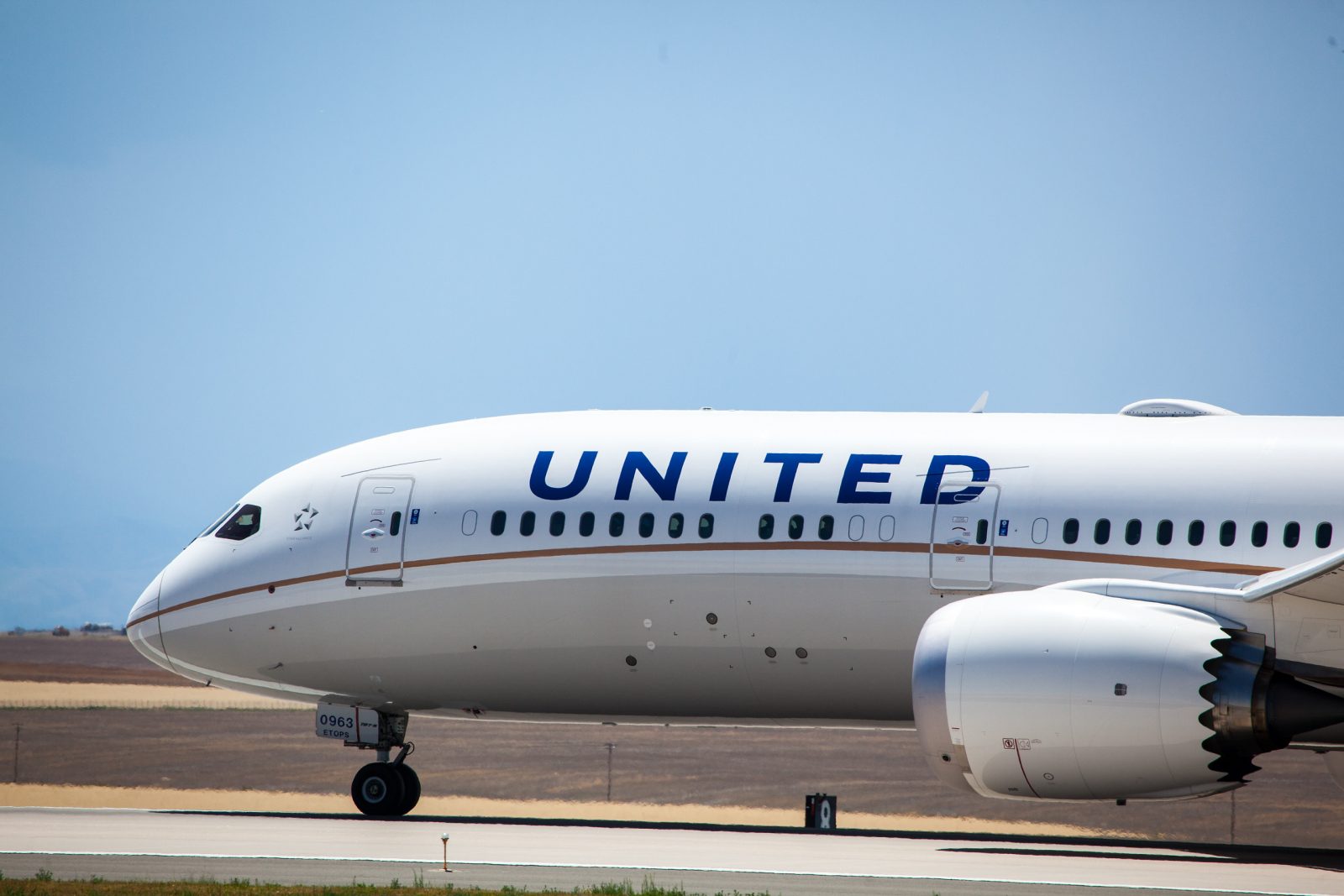
United Airlines may only be able to save 3,541 flight attendants from involuntary furlough on October 1 when a federal payroll support program finishes after offering a variety of voluntary options to temporarily reduce its headcount. On July 8, United warned that a total of 15,000 flight attendants could lose their jobs but since then voluntary measures including extended leaves of absence and early-outs have only reduced the number of at-risk flight attendants to 11,559.
The airline is now offering a last-ditch plan to mitigate the number of the most junior flight attendants who face losing their jobs through an “innovative” Involuntary Furlough Mitigation Program. Rather than being placed on involuntary furlough, the one-time-only offer would allow longer-serving flight attendants to step out of the airline temporarily while maintaining their benefits and bidding seniority.
The program will only be open to flight attendants who joined United before August 2015 with the aim of encouraging senior staffers to accept furlough and in doing so, save the jobs of more junior flight attendants. Along with maintaining and building seniority, flight attendants who take up the offer would retain all active benefits and United wouldn’t stand in the way of claims for unemployment benefit.
The deal, which was brokered with the Association of Flight Attendants (AFA-CWA), would only come into effect once all other voluntary measures have been exhausted and, crucially, if Congress fails to extended payroll support. Lawmakers, however, are currently at a stalemate over CARES Act 2 which would contain the crucial funding.
Explaining the program to its members, AFA warned of the “devastating” impact involuntary furlough could have, especially on junior flight attendants. “For those who would remain there will be severe changes associated with the loss of flying and the seniority shift which occurs as a result of so many junior Flight Attendants losing their jobs,” the union warned.
“Over the past several months we have advocated for measures that will, to the extent possible, minimize the impact on everyone, especially our most junior Members faced with losing their employment during the worst financial and health crisis in American history,” the memo continued.
Like many airlines, United doesn’t expect the aviation industry to start recovering from the COVID-19 pandemic until at least 2023. Signs of a domestic recovery have since stalled after cases numbers started to surge in a number of states and passenger numbers are currently hovering at between 25 to 30 per cent of pre-COVID levels – far below what airlines were hoping for at this point.
Initially reluctant to accept further federal support to keep airline workers in employment despite there not being enough work to go around, U.S.-based airlines have since broadly come out in support to an extension of the payroll support program in the CARES Act. A six-month extension through to the end of March 2021, it is hoped, would give time for further recovery and save thousands of jobs.
Mateusz Maszczynski honed his skills as an international flight attendant at the most prominent airline in the Middle East and has been flying ever since... most recently for a well known European airline. Matt is passionate about the aviation industry and has become an expert in passenger experience and human-centric stories. Always keeping an ear close to the ground, Matt's industry insights, analysis and news coverage is frequently relied upon by some of the biggest names in journalism.







